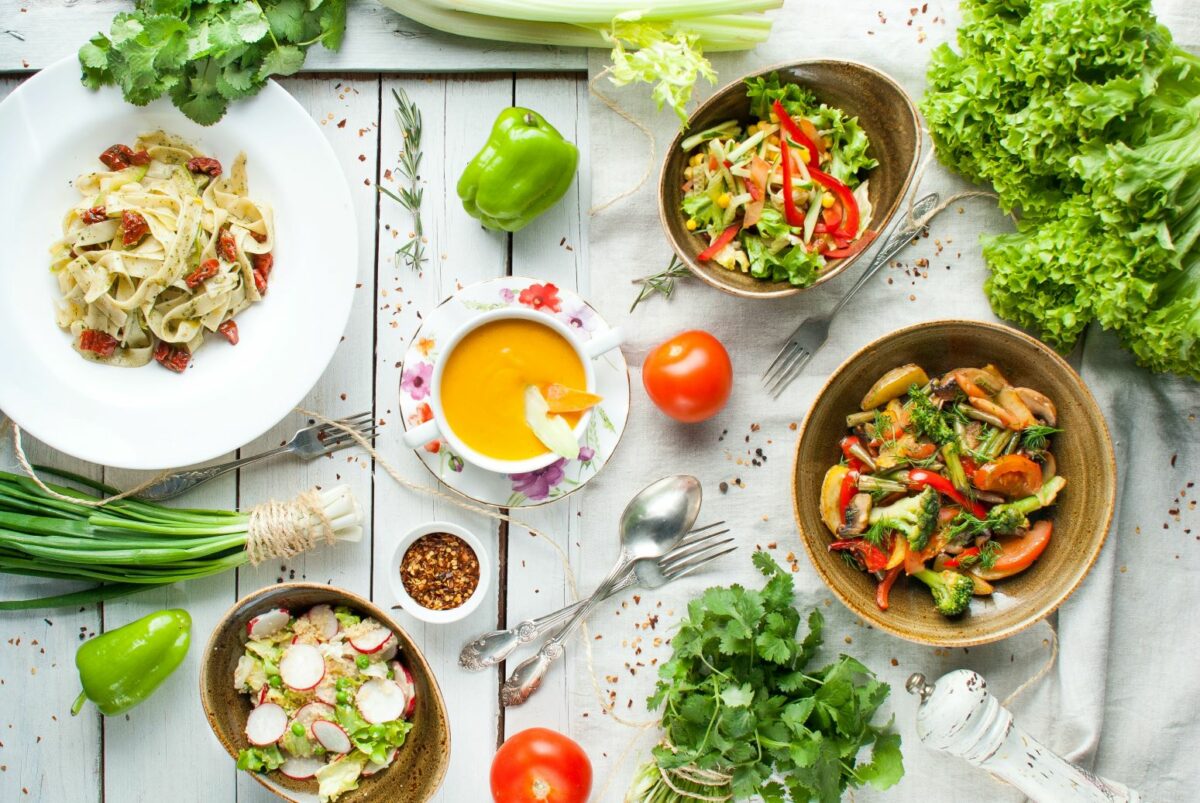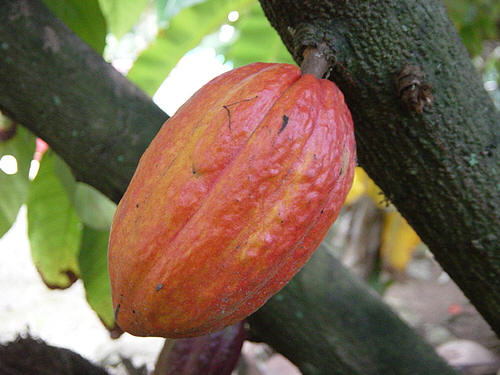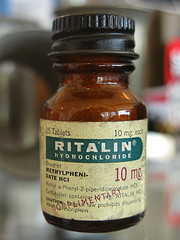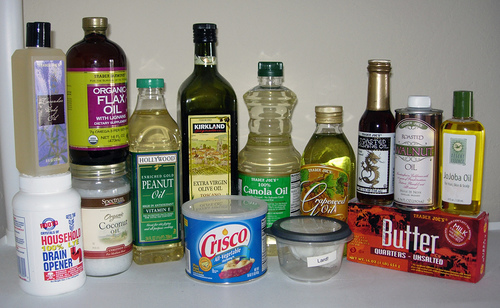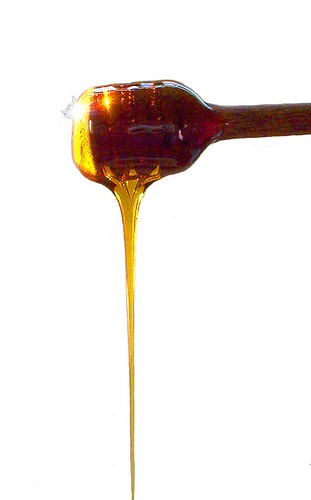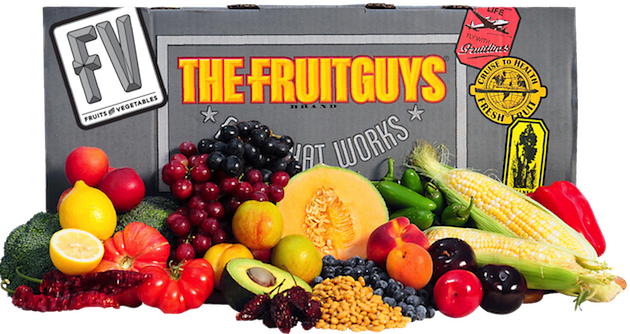Table of Contents
Are you curious about the differences between veganism and vegetarianism? You are not alone! With the growing interest in plant-based diets, many individuals are exploring alternative ways of eating that align with their values and health goals. Luckily, we’ve got you covered. This article has everything you need to know about the difference between a vegan diet and a vegetarian diet.
Quick Answers:
Are Vegan and Vegetarian the Same?
No, vegan and vegetarian are not the same. Even though both diets exclude meat, vegans also avoid all animal products, including eggs, dairy, and honey, while vegetarians may still consume these.
If Something Is Vegetarian, Does That Mean It’s Also Vegan?
Not necessarily. Vegetarian food items can include animal byproducts like eggs or dairy, which are not considered vegan.
If Something Is Vegan, Does That Mean It’s Also Vegetarian?
Yes, all vegan foods fall under the broader umbrella of vegetarianism, as they avoid all forms of meat and animal-derived products.
What Is A Vegetarian Diet?
A vegetarian diet is a type of diet that excludes the consumption of meat, including beef, poultry, pork, game, and seafood. People following a vegetarian diet typically consume various plant-based foods like fruits, vegetables, grains, legumes, nuts, and seeds.
Some vegetarians, known as lacto-ovo vegetarians, also include eggs and dairy products in their diets. It’s important to note that there are variations within the vegetarian diet, such as lacto-vegetarian who only consume dairy products without meat or eggs and ovo-vegetarian who do not consume meat or dairy products but eat eggs.
What Is A Vegan Diet?
A vegan diet is a more restrictive form of vegetarianism where individuals abstain from consuming any form of animal-derived products.
In addition to meat, a vegan diet excludes dairy products, eggs, honey, fish caviar, and other foods that contain traces of animal products, such as some types of gelatin or certain food colorings. Many vegans also avoid non-food products that exploit animals, such as certain types of clothing and cosmetics.
Food Choices & Ingredients
What Vegans and Vegetarians Can and Cannot Eat
Vegetarians and vegans consume plant-based foods, such as fruits, vegetables, legumes, grains, nuts, and seeds. However, vegetarians may also consume eggs, dairy products, and honey, whereas vegans do not.
Alternatives for Meat and Dairy Products
There are numerous plant-based alternatives available for both meat and dairy products. These include tofu and tempeh, plant-based ‘meat’ products, legumes, and seitan as meat alternatives.
Dairy options include soy, almond, oat, and other plant-based milk, cheeses, and yogurts. Many of these alternatives are not just for vegans, but are also enjoyed by vegetarians and others following a plant-based diet.
Nutritional Considerations
Whether following a vegetarian or vegan diet, ensuring your meals are balanced and nutritious is essential. Both diet types can be healthful and nutritionally adequate, but must be planned well. This involves incorporating a wide variety of foods to meet your nutritional needs.
While a vegetarian or vegan diet can provide most of the necessary nutrients, some nutrients are typically found in animal products, and their deficiency is more common in those following these diets. These include nutrients like Vitamin B12, Vitamin D, Omega-3 fatty acids, Iron, Calcium, and Protein.
Understanding your dietary needs and strategizing your meal plans is essential. Incorporating fortified foods, eating a wide variety of foods, pairing iron-rich foods with Vitamin C for better absorption, and considering supplements where necessary can be effective strategies.
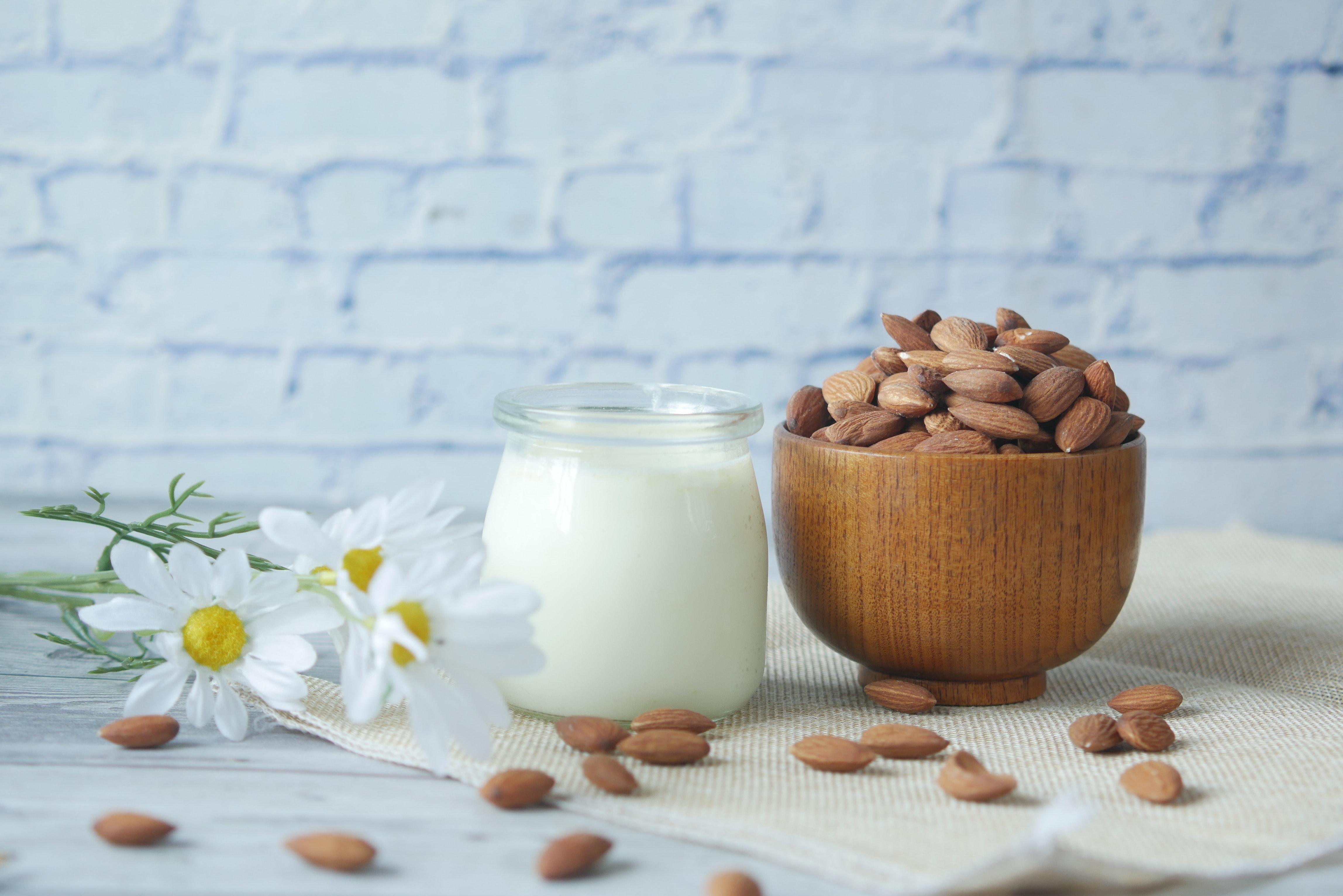
Calcium
Studies show that calcium is crucial for teeth and bone health. For vegans and vegetarians, calcium can be obtained from plant-based sources like fortified plant milk, fortified fruit juices, and certain leafy greens like kale and collard greens.
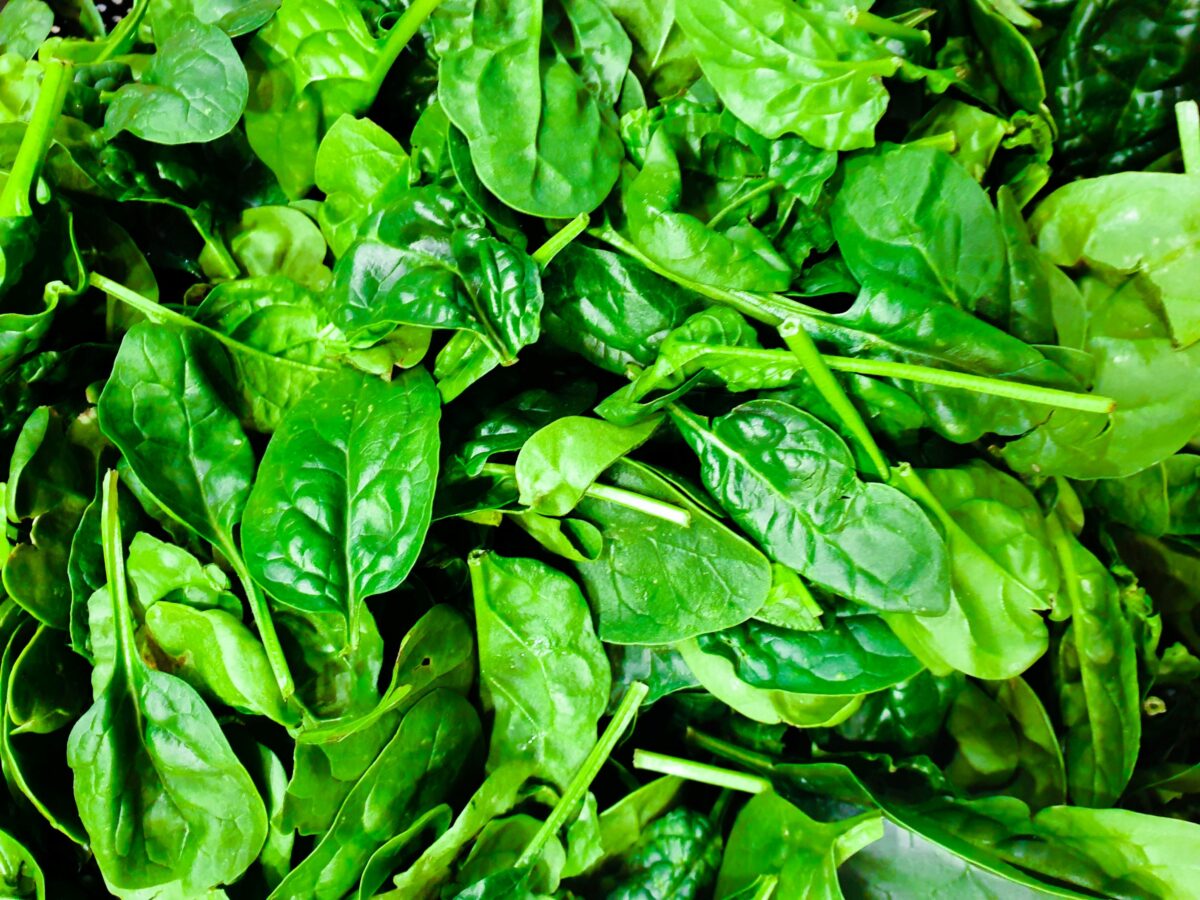
Iron
Iron is necessary for the production of red blood cells. Both vegans and vegetarians can get iron from foods like whole grains, legumes, tofu, tempeh, nuts and seeds, fortified breakfast cereals, and some green leafy vegetables. Consuming these foods and vitamin C-rich foods can enhance iron absorption.
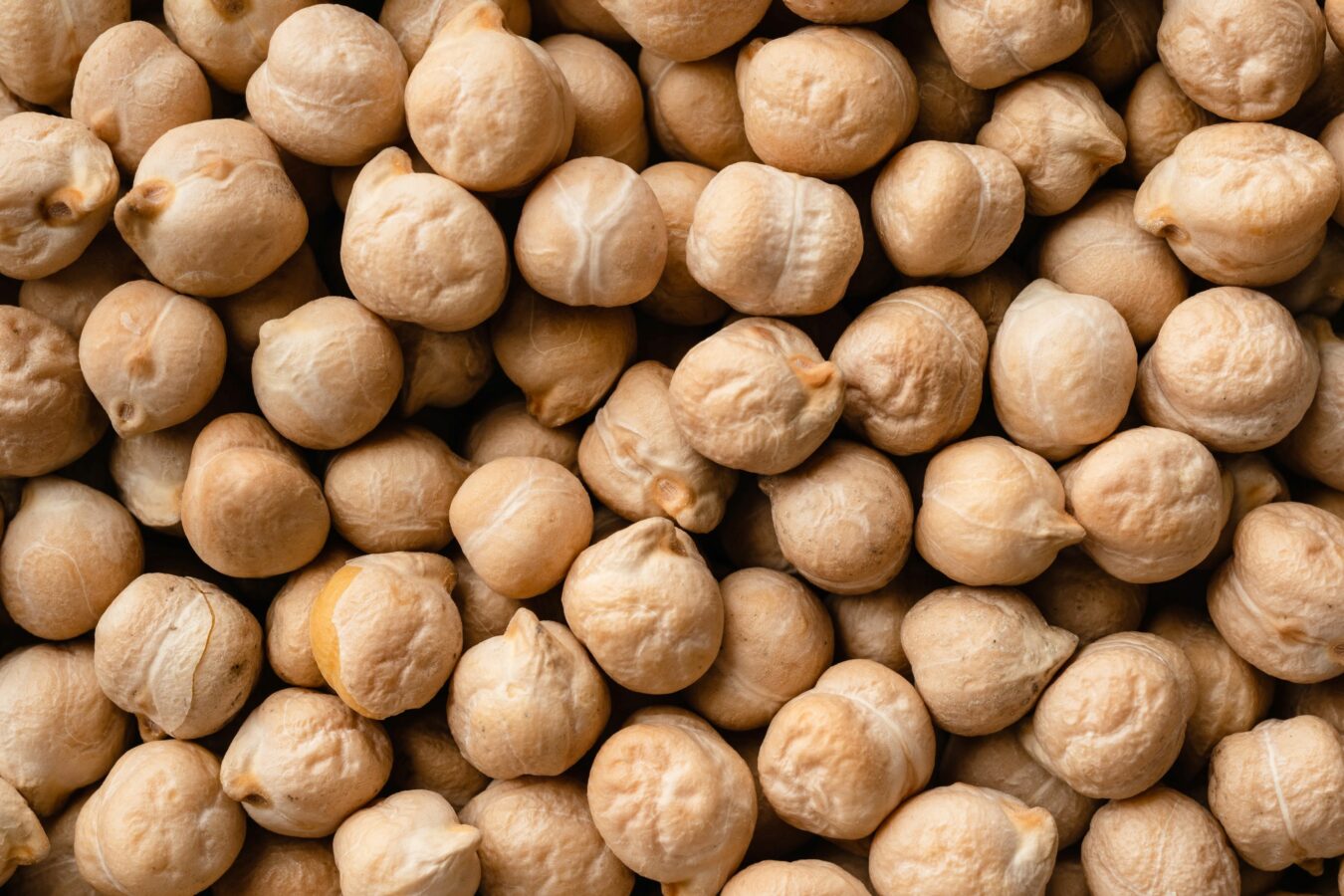
Protein
Protein is a vital nutrient involved in building and repairing tissues. Vegans and vegetarians can meet their protein needs by consuming protein-rich plant foods like legumes, lentils, chickpeas, tempeh, tofu, seitan, whole grains, nuts, and seeds. Some fresh produce, like spinach and broccoli, also provide protein.
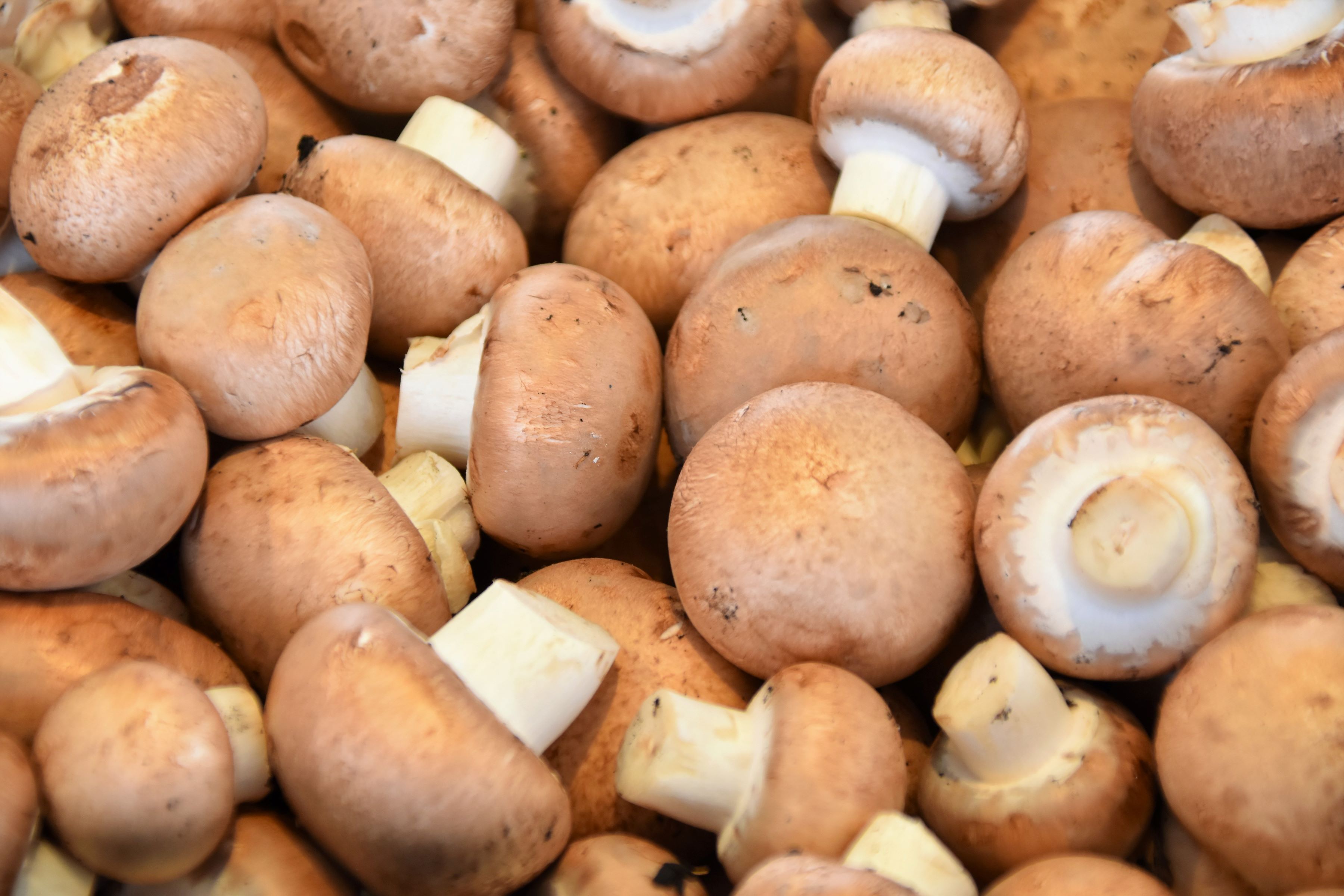
Vitamin D
Vitamin D is critical in maintaining bone health by helping the body absorb calcium. For vegans and vegetarians, natural sunlight exposure is a reliable source of vitamin D. As for dietary sources, there are fewer plant-based sources of this vitamin. Read more about vegan sources of vitamin D in our other article!
However, when exposed to ultraviolet light, many foods are fortified with vitamin D, including plant-based milk, breakfast cereals, and certain types of mushrooms. Supplements might also be considered, particularly during winter or for those with limited sun exposure.
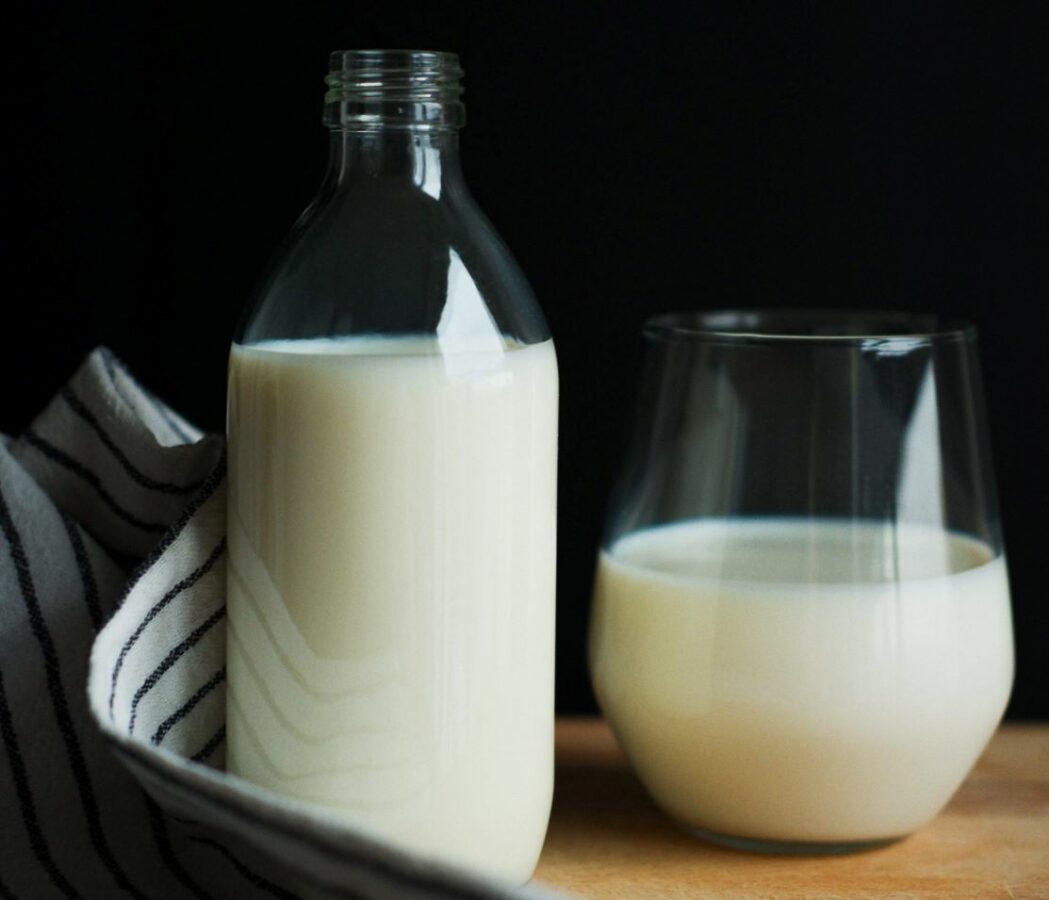
Vitamin B12
Studies prove that Vitamin B12 is essential for nerve function and the production of red blood cells. It is primarily found in animal products, so it can be challenging for vegans and some vegetarians to get enough. Fortified foods are the most reliable sources of vitamin B12 for vegans and vegetarians. These may include plant-based milks, breakfast cereals, and nutritional yeast. Vitamin B supplements are often recommended for those on a vegan diet.
Philosophical Differences
Vegetarians and vegans share a common belief in the importance of animal welfare. However, vegans extend this philosophy to all aspects of their lifestyle, refusing to consume or use animal products, including clothing, cosmetics, and more. Vegetarians primarily focus on their diet, avoiding eating the flesh of animals, but often still consuming products like dairy and eggs.
The two diets can have a lower environmental impact than a diet including meat. Still, veganism is often seen as the most sustainable option due to the high environmental cost of animal farming, including methane emissions and land usage. Both vegans and vegetarians might adopt these diets to reduce their environmental footprint.
Both vegetarians and vegans may choose their diet due to health reasons. Studies show that plant-based diets are often lower in saturated fat and higher in fiber, which can contribute to heart health. Additionally, these diets provide nutrients and antioxidants. Vegans might take it a step further to exclude dairy and eggs, which can still be high in fats.
Overlap of Vegan and Vegetarian Diets
Many food companies use the terms vegan and vegetarian interchangeably, often marketing products to both groups. This can be seen in restaurants and supermarkets, where plant-based options are increasingly popular and can cater to dietary preferences.
Vegans and vegetarians share a fundamental commonality: the exclusion of meat from their diets. Both groups tend to consume various fruits, vegetables, grains, nuts, and seeds. Both diets can be high in fiber, antioxidants, and various nutrients, offering numerous health benefits, such as improved heart health and a lower risk of certain types of cancer.
Vegetarians and vegans are often motivated by environmental concerns. The production of meat, particularly red meat, has a significant environmental impact, including high greenhouse gas emissions, water use, and deforestation. These dietary choices can significantly reduce an individual’s environmental footprint.
Common Overlapping Foods
Despite their different focuses—one excluding animal products and the other limiting consumption of animal products—vegan and vegetarian diets do share some common ground.
Many plant-based foods, such as fruits, vegetables, nuts, seeds, and most legumes, are suitable for both vegans and vegetarians. There’s also an overlap in grains like quinoa, rice, and corn that fit both dietary lifestyles.
Some specialty food items, including vegetarian and vegan bread, pasta, and dessert options, cater to both diets. It’s essential, however, to always check labels, as some vegetarian products may contain egg or dairy, and some vegan products might not meet strict vegetarian criteria.
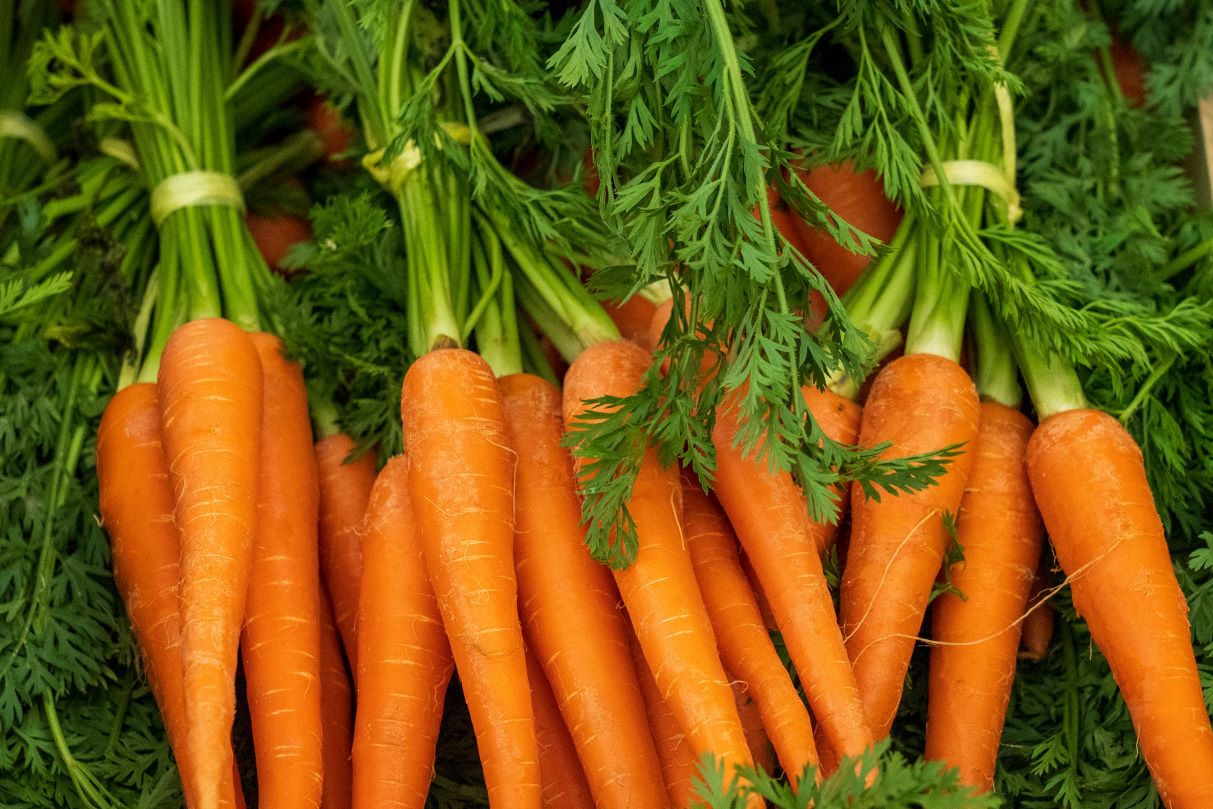
Vegetables
Vegetables are a fundamental part of both vegan and vegetarian diets. They are inherently free from animal products, making them suitable for vegans and a substantial component of a vegetarian diet.
When consuming vegetables, those following either a vegan or vegetarian diet should be cautious of how they are prepared. Some recipes may include butter, cheese, or cream-based sauces, which are not suitable for vegans. In contrast, vegetarians may be more flexible with the use of dairy products in their vegetable dishes.
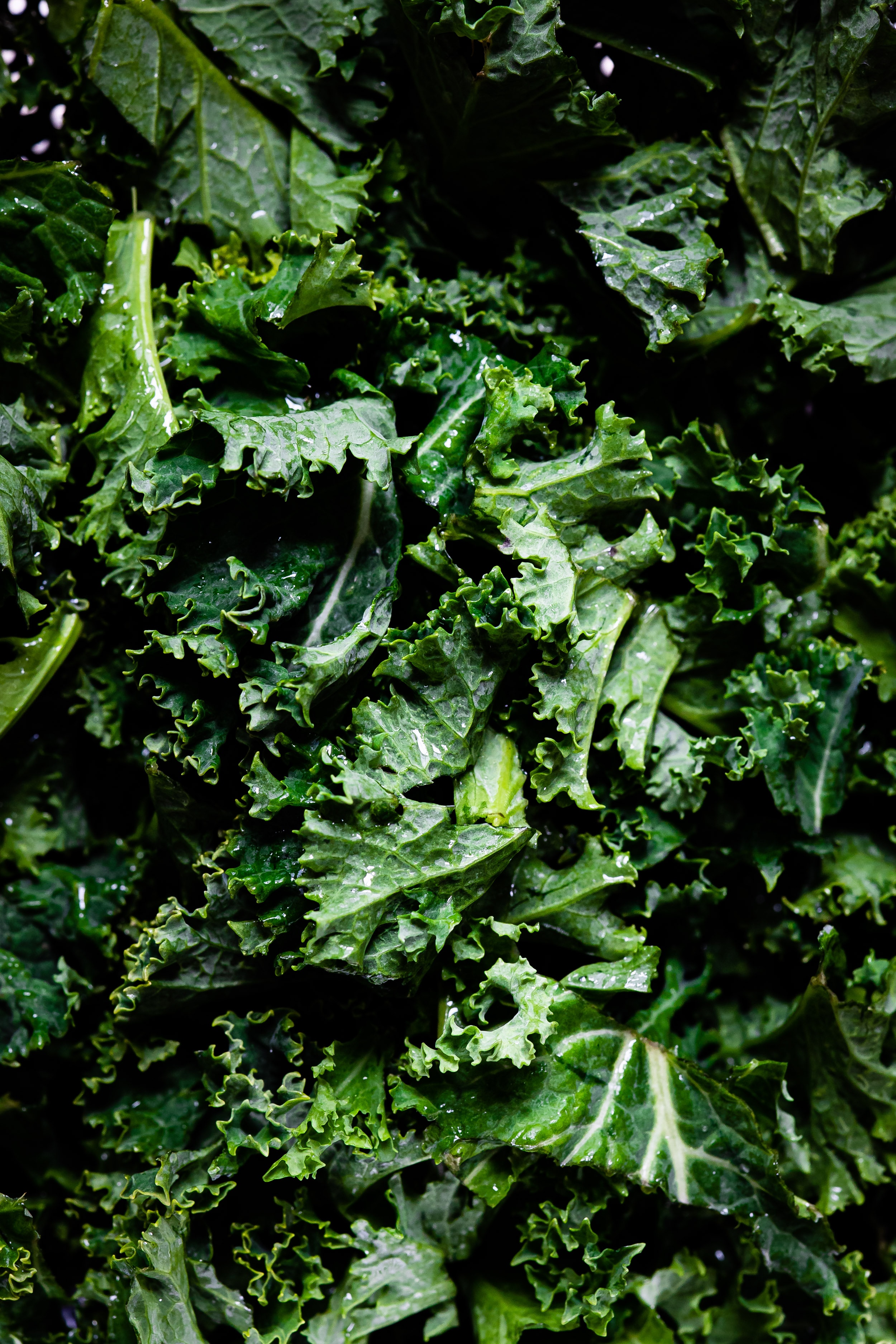
Leafy Greens
Leafy greens like spinach, kale, and Swiss chard are nutrient-dense foods that are both vegan and vegetarian-friendly. They are a great source of iron and calcium, essential nutrients, especially for those following a plant-based diet.
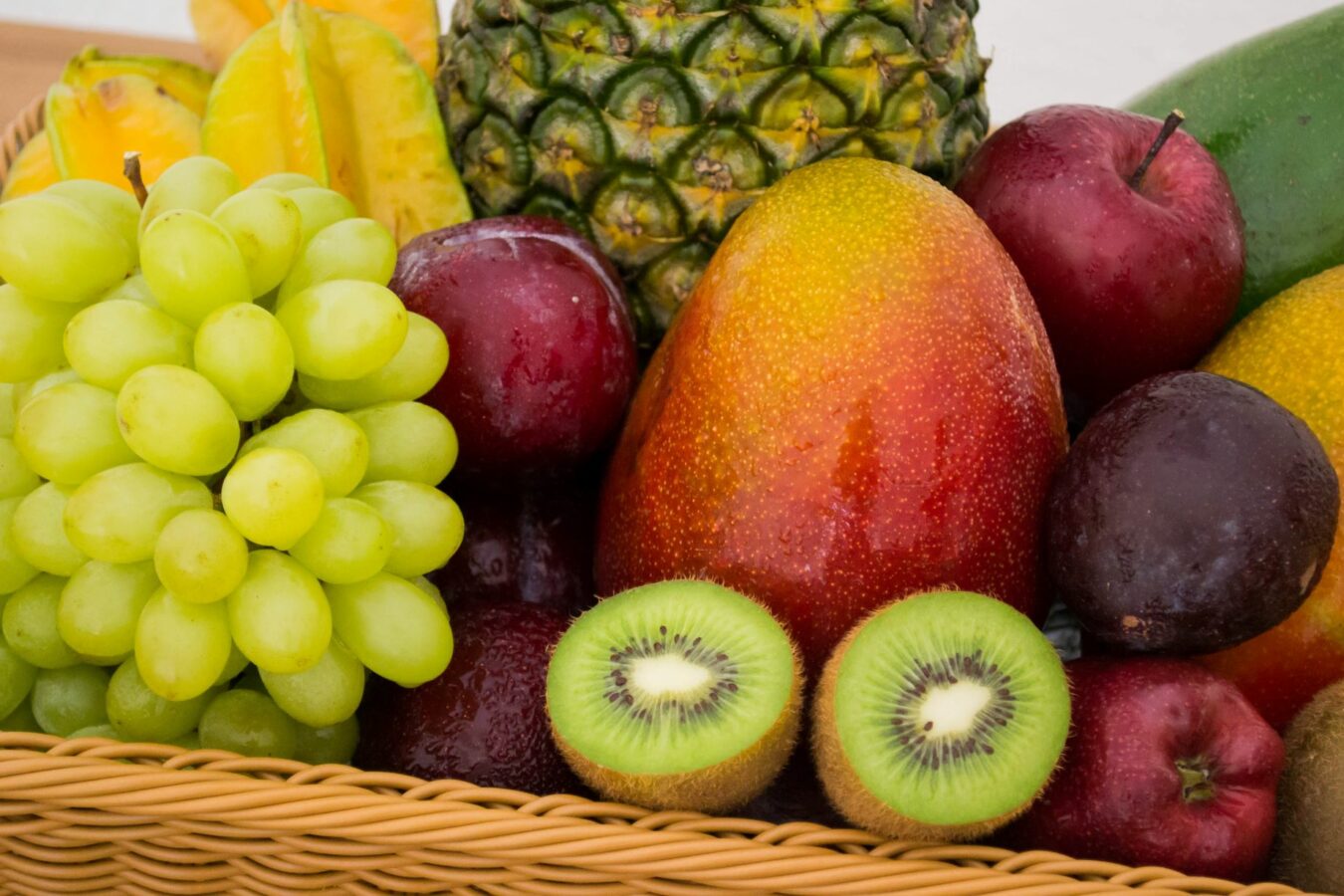
Fruits
Like vegetables, all fruits are vegan and vegetarian-friendly, making them a common ground between the two diets. They can be consumed raw, cooked, or used as natural sweeteners in many dishes.
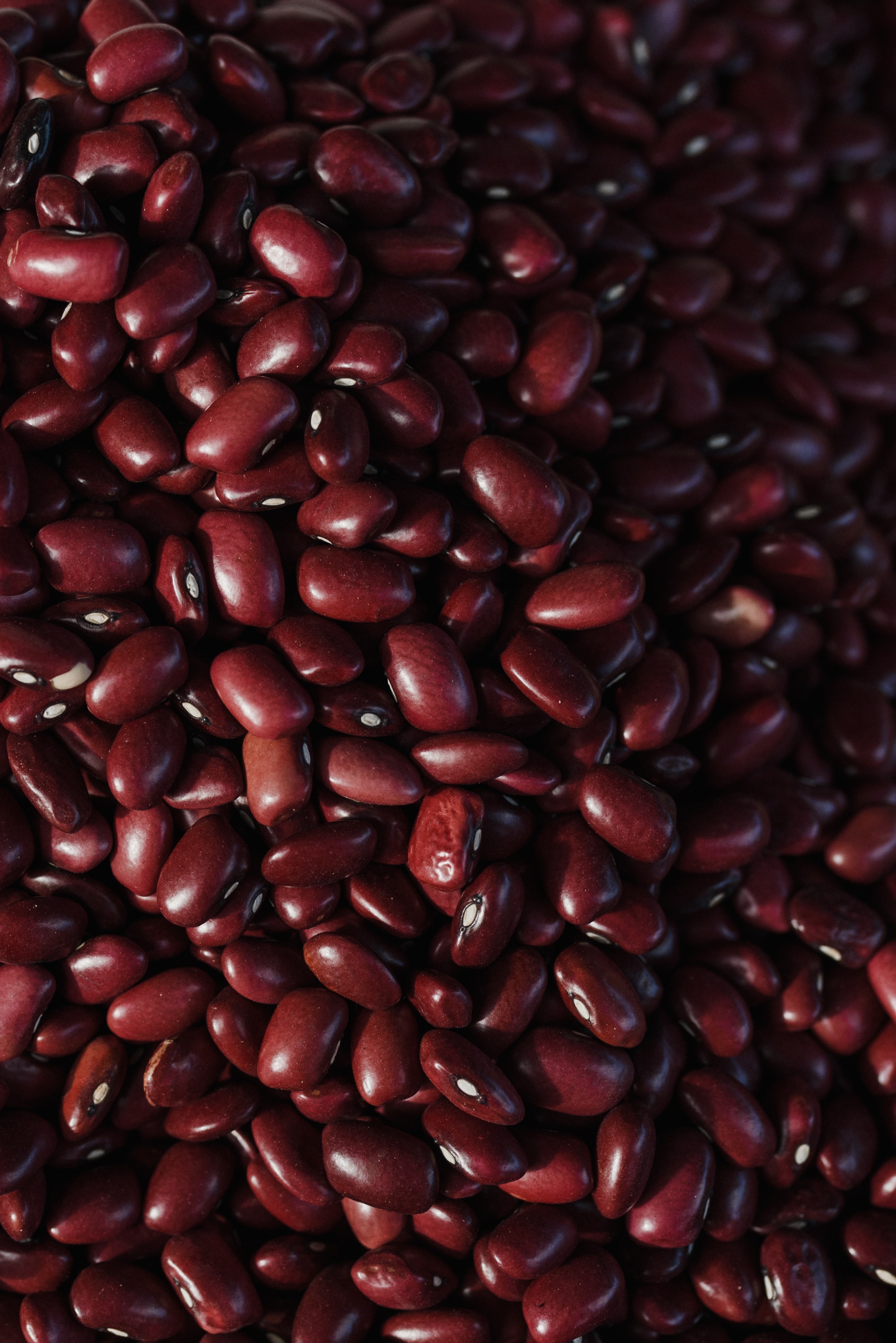
Beans & Legumes
Legumes, which include beans, lentils, peas, and chickpeas, are another food category that overlaps between vegan and vegetarian diets. They are rich in protein and fiber, making them a crucial part of a balanced plant-based diet.
It’s essential to note that while plain legumes are both vegan and vegetarian-friendly, prepared products like canned baked beans or certain hummus brands might contain ingredients like honey or non-vegetarian additives.
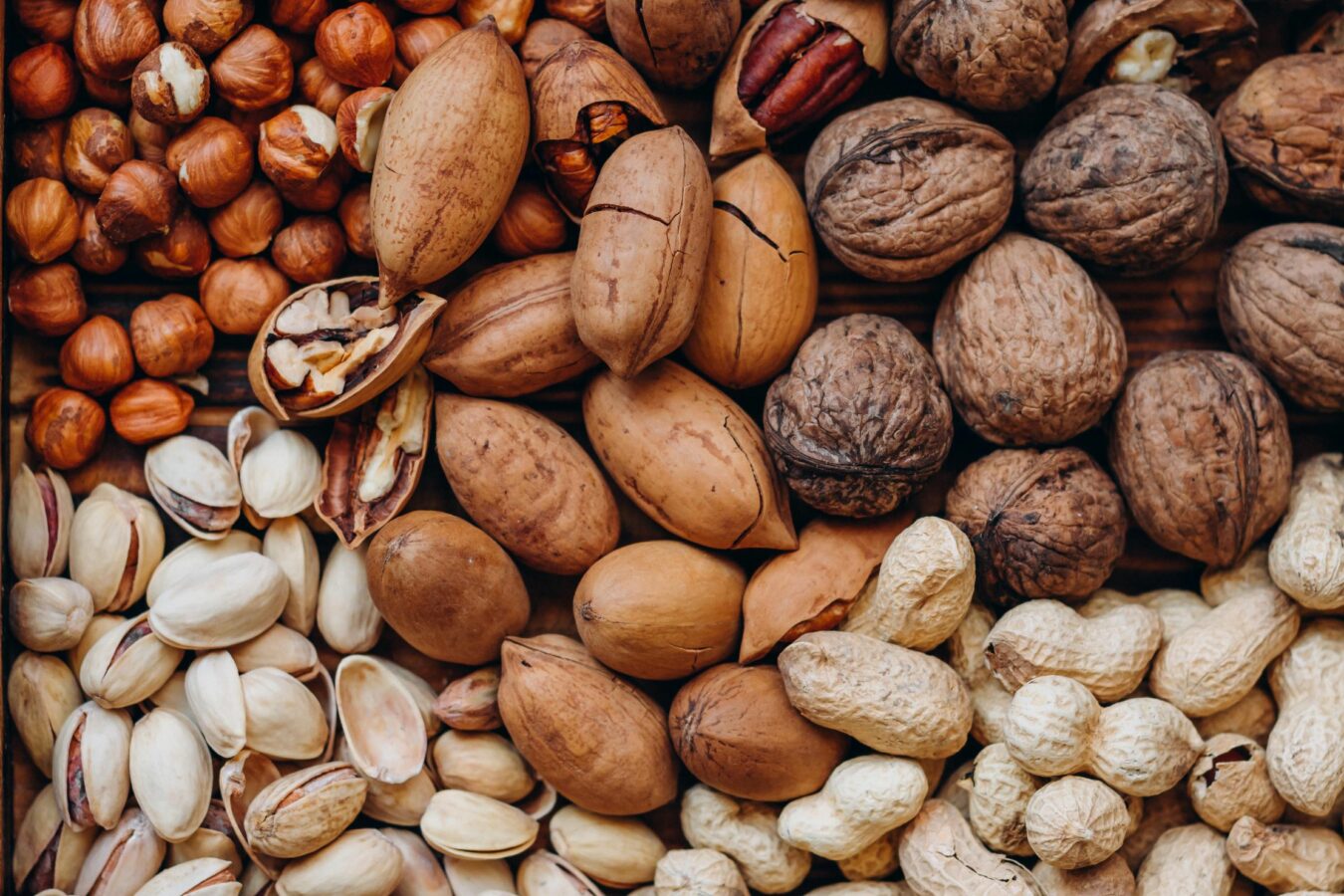
Nuts & Seeds
Nuts and seeds are healthy snacks that are both vegan and vegetarian-friendly. They are high in healthy fats, protein, and fiber. But, like other foods, packaged nuts and seeds may be roasted or seasoned with non-vegan or non-vegetarian ingredients, so check the labels before consuming.
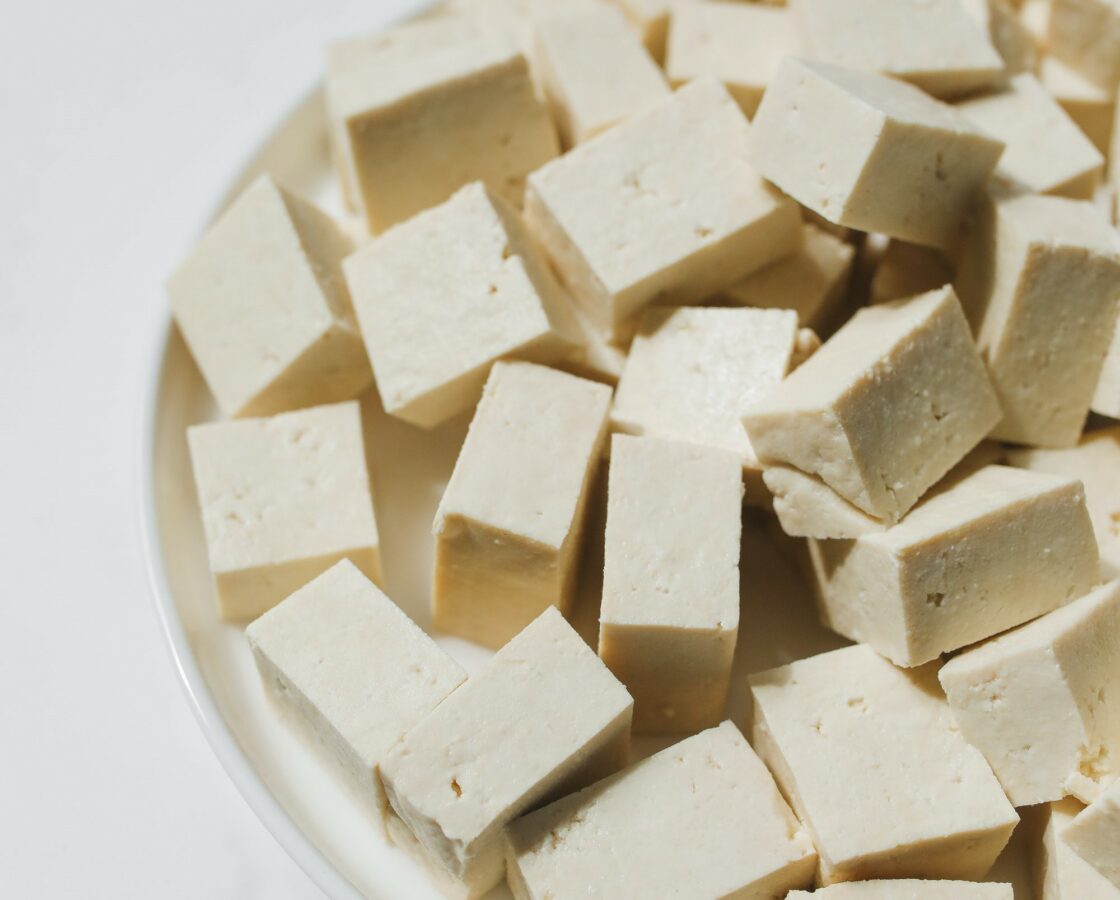
Tofu
Tofu is a soy-based food that is inherently vegan and also suitable for vegetarians. It is a great source of protein for those following a plant-based diet. However, flavored or pre-marinated tofu may contain non-vegan or non-vegetarian ingredients, so always check the labels.
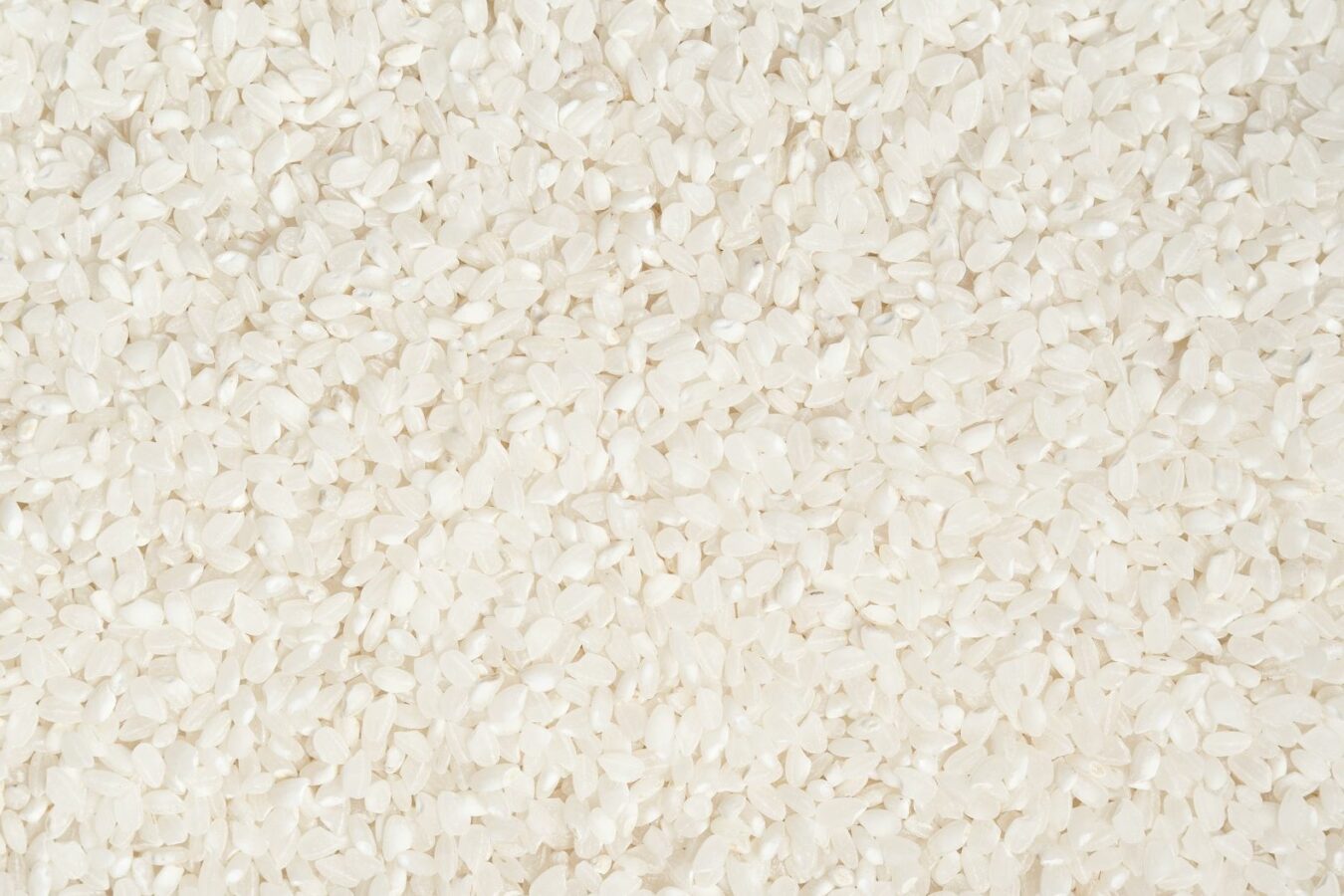
Rice
Rice is a versatile grain, often a staple in vegan and vegetarian diets. All plain rice, whether white, brown, or wild rice, is vegan and vegetarian-friendly. Be careful with pre-packaged or seasoned rice dishes containing non-vegan or non-vegetarian ingredients.
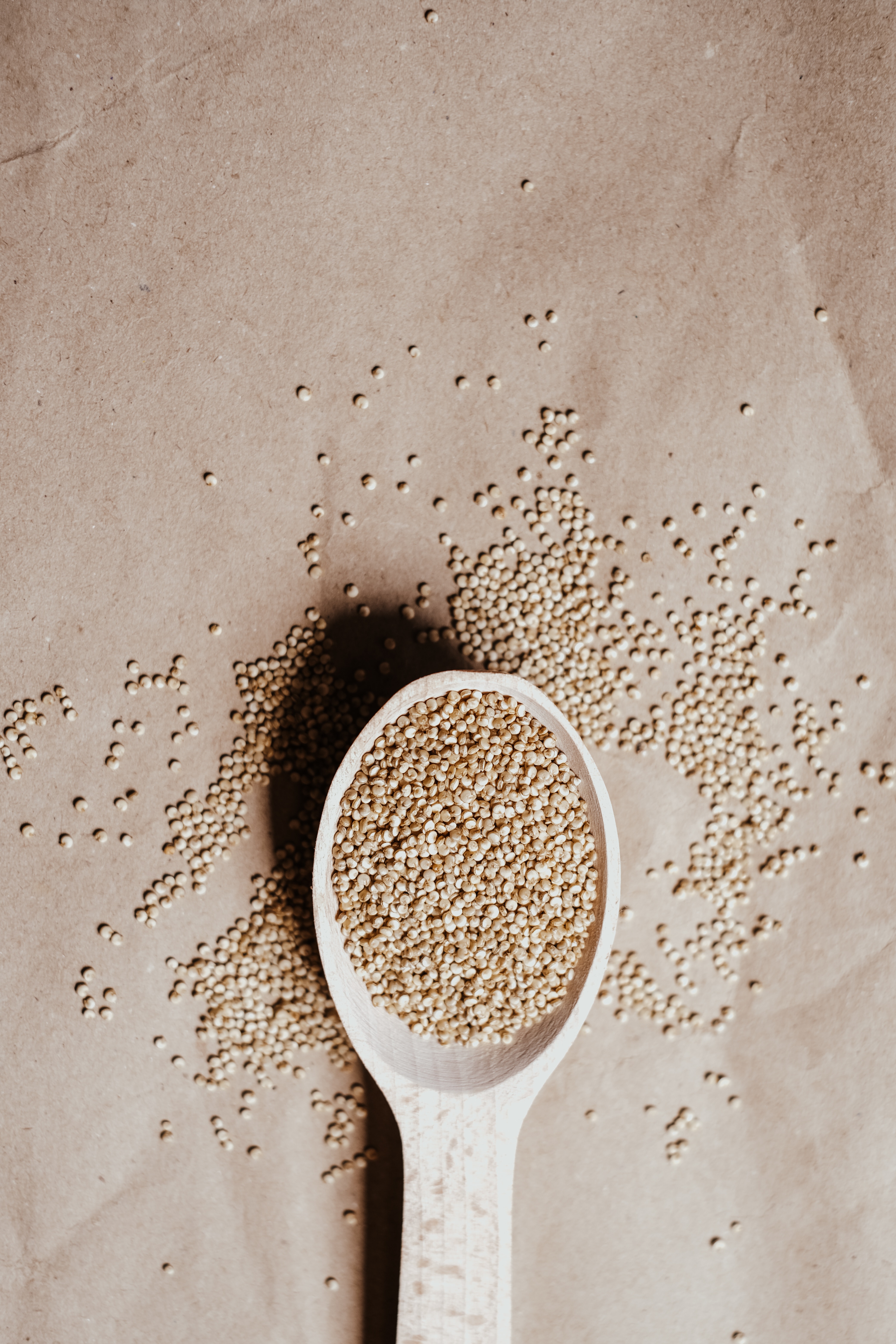
Quinoa
Quinoa is a nutritious grain and a complete protein, making it an excellent choice for both vegan and vegetarian diets. Plain quinoa is vegan and vegetarian-friendly, but pre-packaged or flavored quinoa dishes may contain non-vegan or non-vegetarian ingredients. Always read the labels before consuming.
FAQ
Is a vegan or vegetarian diet healthier?
Both vegan and vegetarian diets can be healthy when properly planned and balanced. Both diets emphasize plant-based foods, which are generally rich in nutrients, fiber, and antioxidants. These foods can contribute to overall health and prevent diseases.
Vegan diets exclude all animal products, including meat, dairy, eggs, and honey. While it is possible to meet all nutritional needs on a vegan diet, it requires careful attention to ensure adequate intake of certain nutrients, such as vitamin B12, iron, calcium, omega-3 fatty acids, and protein. Vegans must plan their meals to include plant-based sources of these nutrients, such as fortified foods, legumes, nuts, seeds, and leafy greens.
Vegetarian diets, on the other hand, allow for the consumption of some animal products, such as dairy and eggs. This can make it easier to meet nutritional needs than a vegan diet, as these animal products are good sources of nutrients like vitamin B12, calcium, and high-quality protein.
Ultimately, the healthiness of a vegan vs vegetarian diet depends on the specific food choices and overall dietary patterns. Both diets have the potential to be healthy and provide all necessary nutrients, but it’s important to ensure proper planning and variety to meet nutritional requirements. Consulting with a healthcare professional or registered dietitian can be beneficial to ensure a well-balanced diet.
